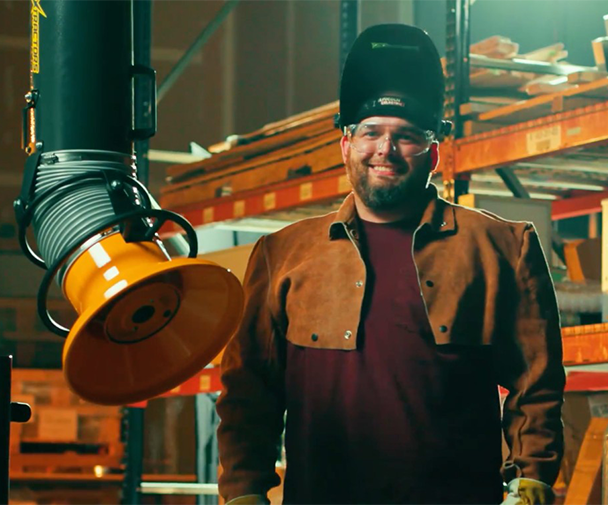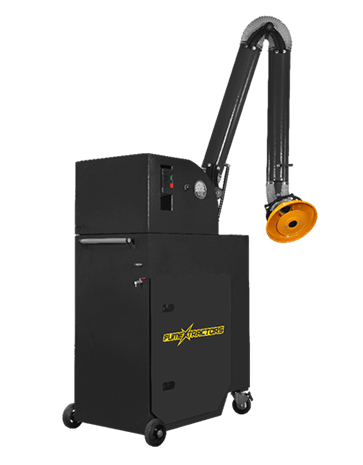NFPA 660 Updates: Key Requirements for Welding and Grinding on Explosive Dusts
As safety standards evolve, business owners and operators must stay informed about the latest regulations that impact their welding operations. The recent updates to NFPA 660 address critical safety measures related to combustible dust, welding fumes, and explosive hazards in the workplace.
At FumeXtractors, we are committed to ensuring your operations comply with these updates, protecting your workers and equipment. Below is a cheat sheet to help you understand when HEPA filters, explosion vents, and other safety features are necessary, according to NFPA 660.


